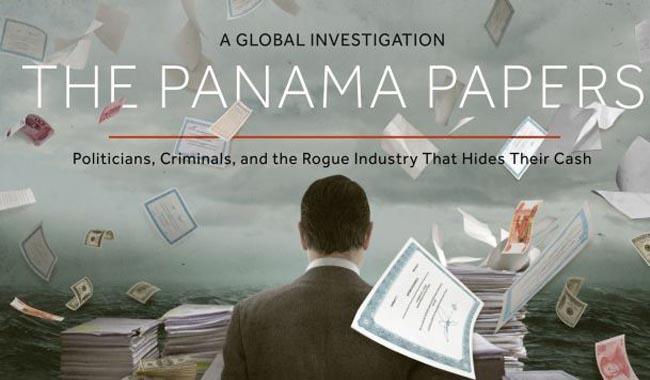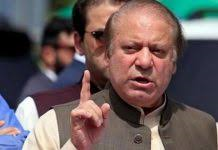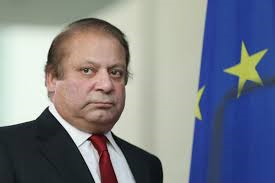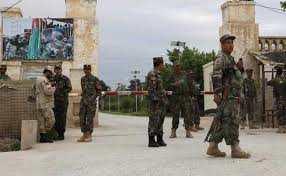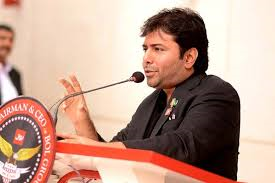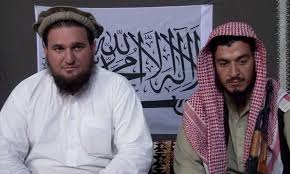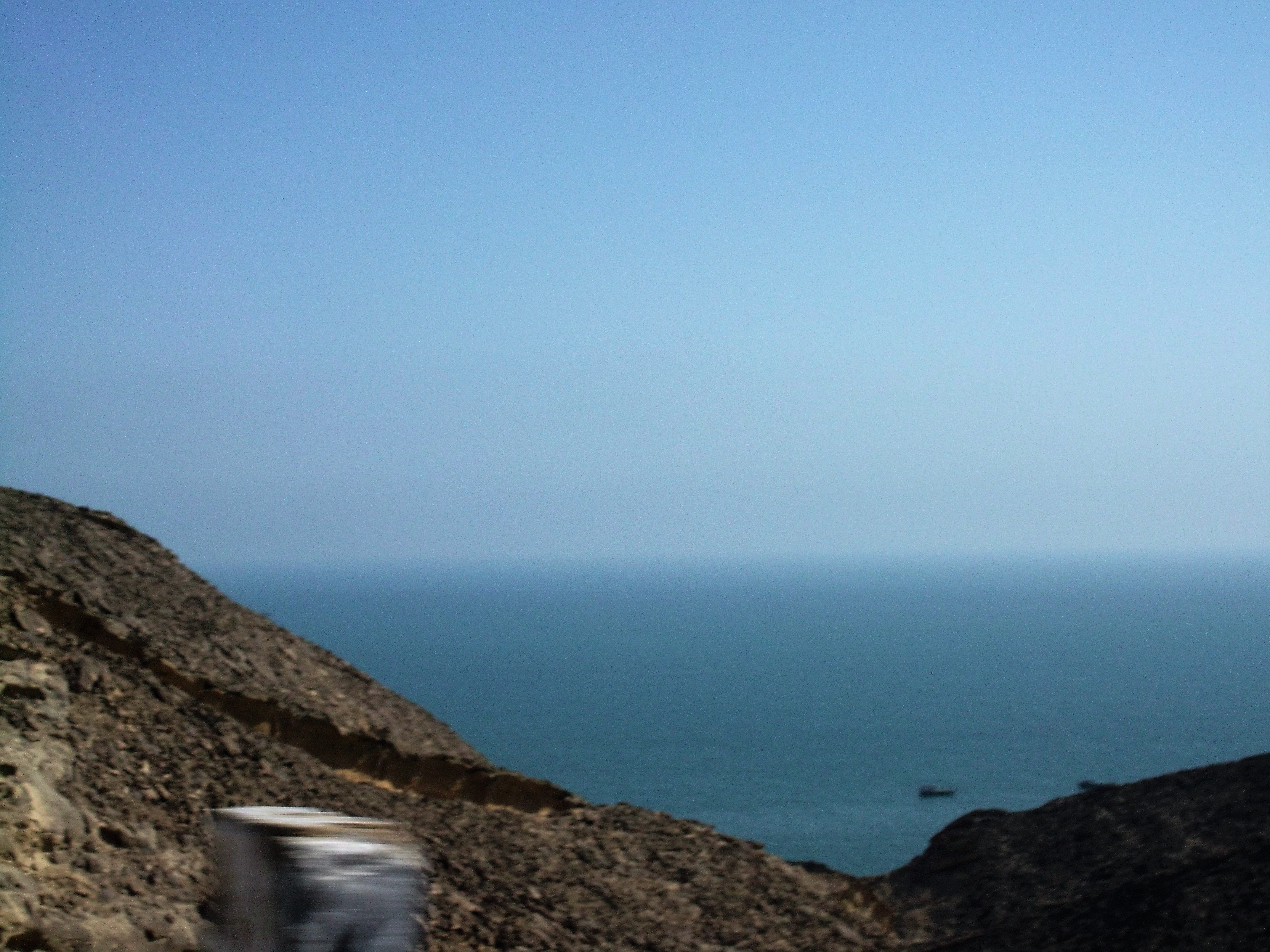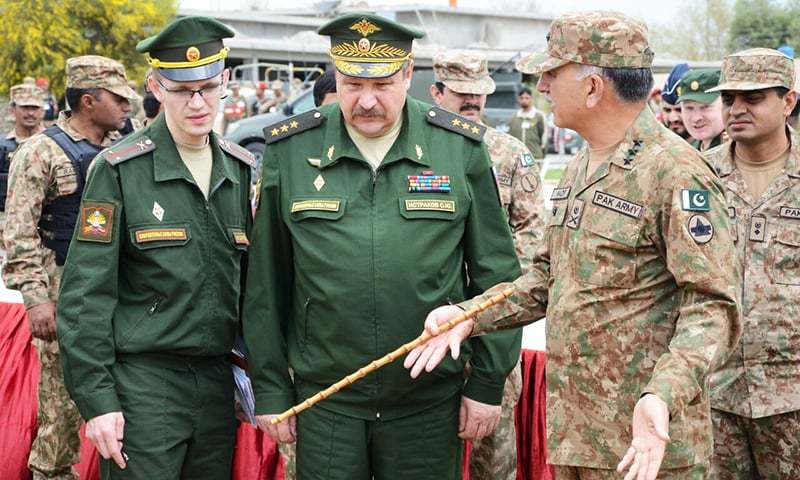ISLAMABAD, Pakistan — Imran Khan, the Pakistani cricket star turned politician, believes his moment of political triumph has finally arrived. On Monday, the country’s Supreme Court will begin a series of hearings in a highly anticipated corruption case that could result in the removal of Prime Minister Muhammad Nawaz Sharif from office.
“I think he is gone,” Mr. Khan said of Mr. Sharif, his bitter political rival. “The long, dark night is finally over.”
But a top aide to the prime minister said that a verdict resulting in such a removal would be “a judicial coup.”
For more than a year, Mr. Sharif has been mired in a bruising controversy over revelations that his family owns expensive residential properties in London through offshore companies. The information first surfaced last year in the leaked Panama Papers and was vehemently denied by Mr. Sharif.
But Mr. Khan has pestered Mr. Sharif and his family to provide the paper trails for the purchase of the apartments. “Show the receipts,” is a common slogan of Mr. Khan’s supporters and party workers.
The controversy has been a godsend for Mr. Khan, the opposition leader, who has relentlessly campaigned against Mr. Sharif ever since he took office in 2013 and has been on a personal crusade to remove him from office.
Mr. Khan led street protests last year that resulted in the Supreme Court hearing petitions regarding Mr. Sharif’s offshore wealth. In April, a five-member bench of the court decided the prime minister could remain in office but ordered an investigation into the allegations.
Two dissenting judges, however, recommended Mr. Sharif’s disqualification, with one justice equating Mr. Sharif to a “godfather” of an Italian-style Mafia.
The team of investigators, which included civil and military officials, completed its inquiry in the past week and concluded that Mr. Sharif, his two sons and a daughter had not been truthful about their offshore wealth. In a damning report, the investigators accused the members of the ruling family of living beyond their means, hiding their assets, perjury and forgery.
“The report is a pack of lies,” Mr. Sharif said in response.
The prime minister claims that the investigation focuses on his family’s decades-old private businesses and cannot find any proof of financial scandal or corruption in his current or past tenures.
The report caused an uproar in the country, and opposition political parties have united in calling for Mr. Sharif’s resignation. On Friday, opposition politicians urged Mr. Sharif to quit and nominate a new prime minister.
Mr. Sharif — who managed to survive huge street protests last year and in 2014, when Mr. Khan, the opposition politician, and his supporters laid siege to the capital for several months — has refused to buckle under the legal and political pressure.
After meeting his party leaders Friday afternoon, Mr. Sharif said he would stay in office at any cost.
But there is already an air of celebration at Mr. Khan’s hillside Mediterranean-style villa on the outskirts of Islamabad, the capital. Politicians are lining up to join his party. Every day, dozens of sport utility vehicles belonging to influential hopefuls choke the street outside his house, which also serves as his political office.
“Now, there will be criminal proceedings against the prime minister,” Mr. Khan said. “The whole family has lied to the court. The whole defense has been a fraud.”
Mr. Sharif was not named in the Panama Papers, but his sons, Hassan Nawaz Sharif and Hussain Nawaz Sharif, and his daughter, Maryam Nawaz Sharif, were linked to the properties in London. The investigation is particularly damaging for Mr. Sharif’s daughter, who is seen as his political heir.
The investigators say that she produced a forged trust deed about the London apartments. The 2006 document claims that she was only a trustee and not owner of two offshore companies that bought the apartments. But investigators say it was typed in Calibri font, which was not commercially available to the public until 2007.
The investigators also allege that a letter sent by a Qatari royal whose family had been a business partner of Mr. Sharif’s father is fake. The letter supposedly provided details of their financial dealings.
On Monday, when the Supreme Court convenes, it could order the opening of a criminal investigation against the prime minister and his children after they are given a chance to respond to the investigation. But Mr. Khan is hoping that the justices, after having gone through the investigative report, will immediately remove Mr. Sharif under Article 62 and 63 of the Constitution, which calls for the disqualification of any lawmaker found to be dishonest.
Government officials, on the other hand, say that they expect a prolonged bitter legal battle.
“There is no precedent of the court using Article 62 and 63,” Zafarullah Khan, the minister of state for law and justice and a top aide to the prime minister, said in an interview. “If a new history is to be made, I cannot say, but there is not a single precedent.”
He also said Mr. Sharif’s legal team planned to challenge the findings of the investigation team. “We have confidence in the Supreme Court,” said Mr. Khan, who is not related to Imran Khan. “The so-called evidences gathered by the investigative team are based on ‘sourced reports’ and don’t have evidentiary value.”
He added: “It is a political case. The opposition parties are using the shoulder of the courts to have a judicial coup.”
The minister said that the ruling party, Pakistan Muslim League-Nawaz, or PML-N, was standing firmly behind the prime minister. “There is a political upheaval, but it has been so for the last four years,” he said. “The opposition has been demanding resignation from Day 1. So what?”
The minister’s nonchalance, however, belied the pressure the government is facing. Back-to-back meetings were taking place among top government officials, aides and party leaders.
Other opposition politicians say they believe that the prime minister is running out of time. “The situation is very serious for Nawaz Sharif,” Moonis Elahi, an opposition politician, said. “I don’t see how the Sharifs can refute the documents they themselves presented to the court.”
Mr. Elahi said the prime minister had no one but himself to blame for the latest crisis. “Someone who has had so much power, he cannot cry foul,” Mr. Elahi said. “In the past, the Sharif family managed to manipulate the judicial system. But this time, we have a very different kind of judiciary.”
Opponents say that Mr. Sharif, who himself chose the current army and intelligence chiefs, cannot portray himself to be a victim of a conspiracy.
But Mr. Sharif, who has had a tense relationship with the country’s military, has said that, indeed, a conspiracy was hatched against him. And some of his loyalists have alleged, in veiled terms, that the country’s spy agency provided the investigation team with evidence against the ruling family.
Imran Khan, the opposition politician, said he expected early elections, as soon as this fall, if the court removes Mr. Sharif. But other major opposition parties say the current Parliament should continue its term until 2018, when elections are next scheduled.
Nevertheless, Mr. Khan said of Mr. Sharif: “I hope next week is his last week. You know that Elton John song ‘Goodbye, Yellow Brick Road’ — I am hoping there will be a big goodbye reception for Nawaz Sharif in Islamabad next week.”

